More than forty years after its 1978 release, Grease continues to be popular with a worldwide audience. However, viewers are beginning to open up their eyes to the parts of this classic film that haven't aged well. In recent years, Grease has been widely admonished for its sexism, homophobia, and misogyny.
Rydell Heigh would look a lot different if the movie was released today, and not just because of things like fashion and technology. Since 1978, the film industry has come a long way in terms of representation, addressing social justice issues, and portraying experiences of young adults with authenticity.
10 Real-World Problems
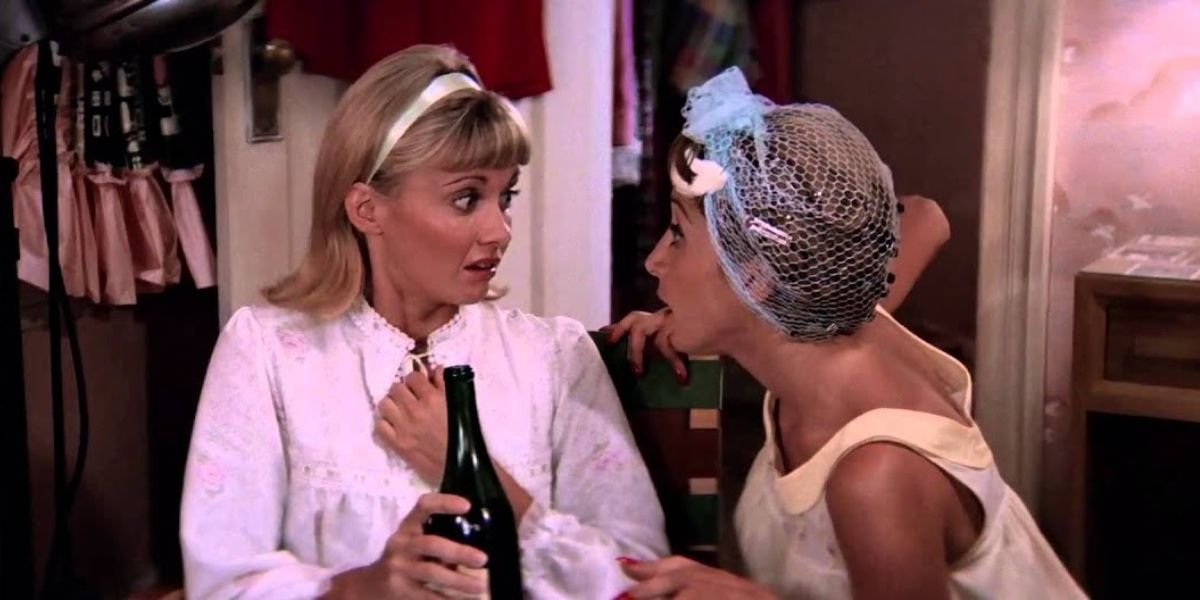
For a high school drama, very little of the story has anything to do with school. Aside from clique culture and peer pressure, the seniors aren't at all concerned with their schooling; they aren't seen in classes, and they never worry about completing their work or preparing for exams.
Modern high school dramas deal with the real issues teens face in high school, even if the primary focus is the drama. The idealized portrayal of youth is being phased out because it's not something many teens can relate to. The lack of real-world problems, as well as the absence of parents to help their children through these problems, distances the audience from these fictionalized teens who seem much older than they're meant to be.
9 Representation
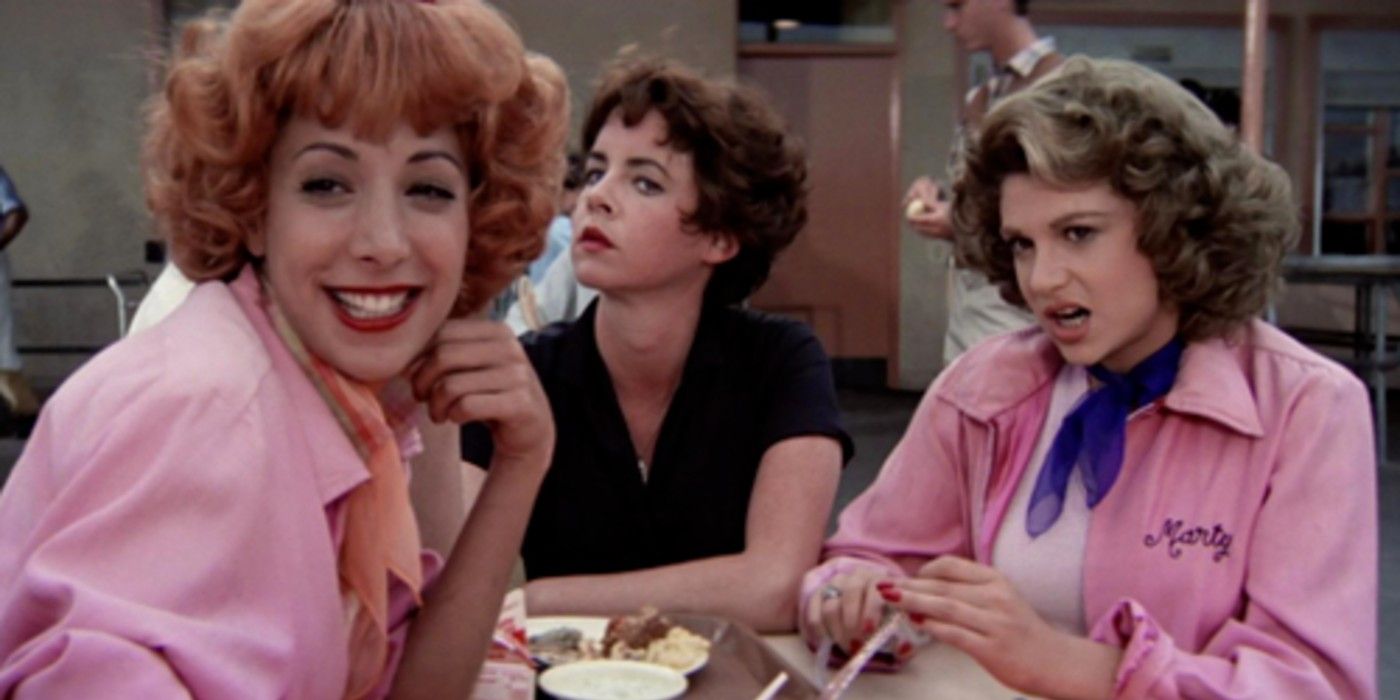
Though the student body of Rydell Heights is large, all of the characters are white. This does not reflect the reality of an average American high school and excludes a large percentage of the audience from this coming-of-age experience.
The film has also been slammed for its homophobia. In one scene, the students laugh when a boy is accused of being gay. If the film was being released today, the dance would include more than a single token non-white couple, as well as same-sex couples. Proper representation is not only accurate but helps a broader audience connect with the story being told.
8 Sandy's Priorities
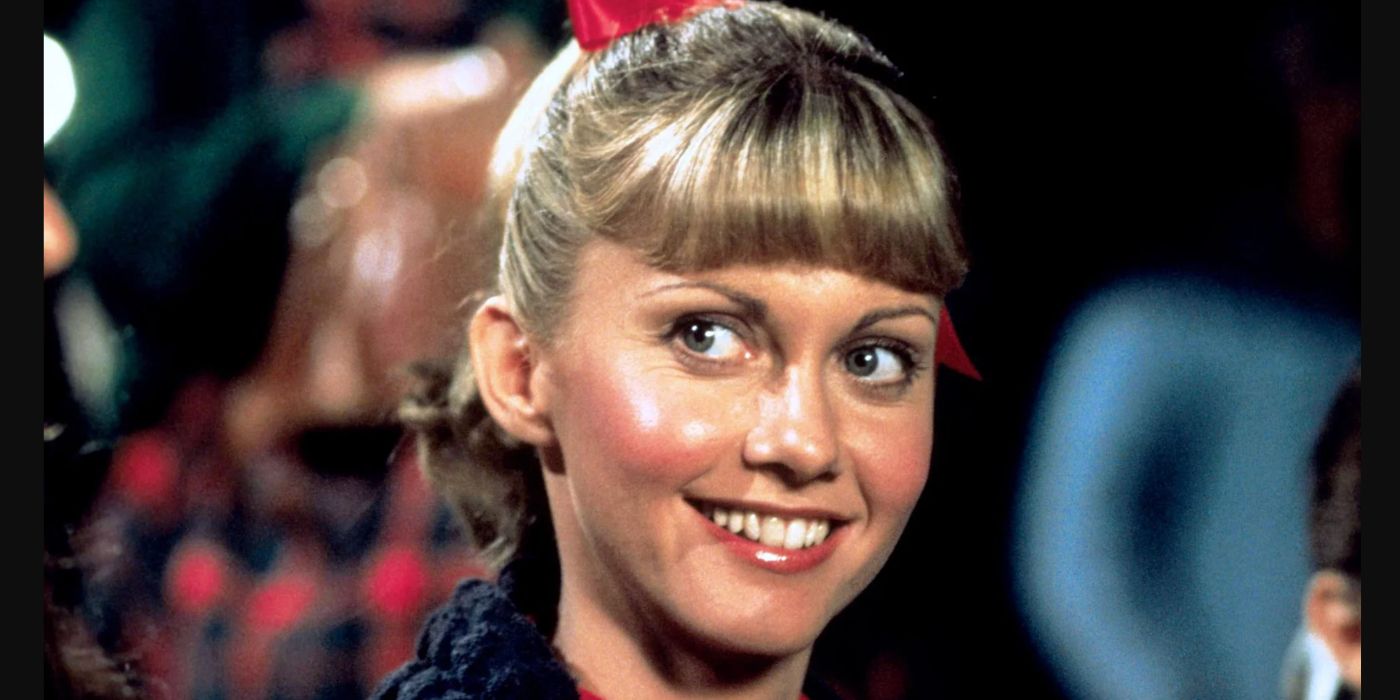
Sandy spends most of the film brooding over her lost summer fling and even sings a widely ridiculed song about it. She quickly joins a clique of popular girls, who are often pitted against other female characters like Patty Simcox. The girls are also often positioned in direct opposition to Danny and his clique, whereas in modern teen dramas, cliques tend to be mixed.
Sandy is quick to become jealous of any girl Danny spends time with, which is another trope that's fading from the teen romance genre. A modern remake of Grease would focus on Sandy's desires for herself outside of her relationship with any boy. As a high school senior, she would prioritize her studies and dreams for the future, as seen in recent female-led teen movies like To All The Boys.
7 Casting
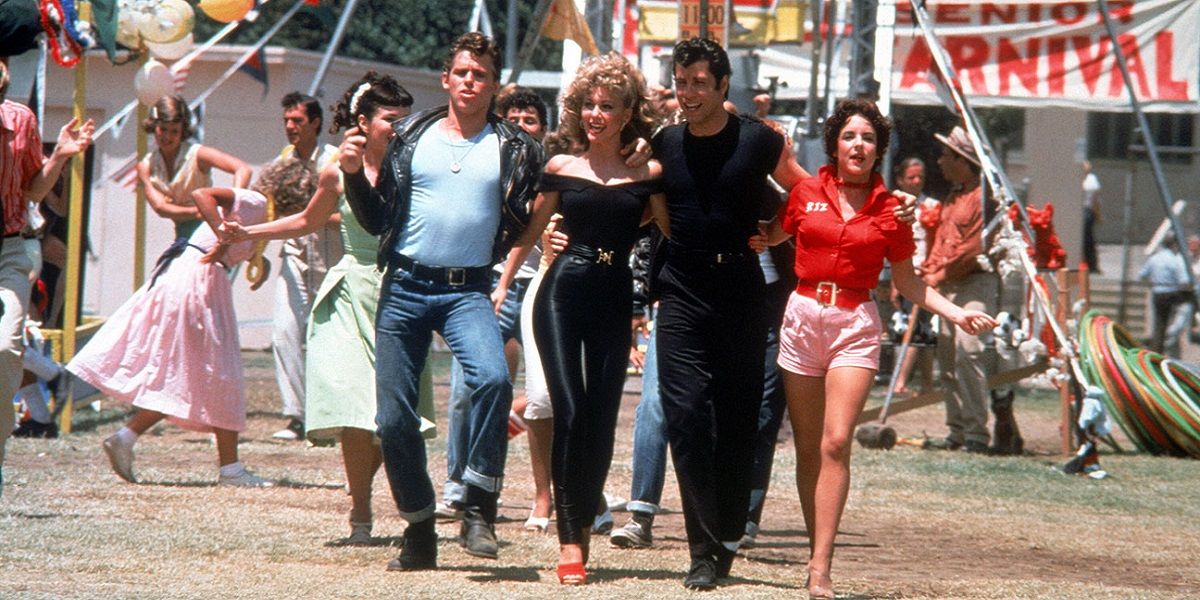
Obviously, if Grease was being produced today, the actors would be different. However, the more important difference would be in the way each cast member matches their role; representation doesn't just refer to race, gender, and sexuality, but also physical appearances.
Most of the cast members are much older than the characters they're supposed to be playing; Olivia Newton-John (Sandy) was twenty-nine, Stockard Channing (Rizzo) was 33, and Jamie Donnelly (Jan) was 30. These days, it's not uncommon for actors to play younger characters, but they're often in their early twenties. However, the most authentic performances often come from actors who are closest in age to their characters.
6 Rizzo's Pregnancy
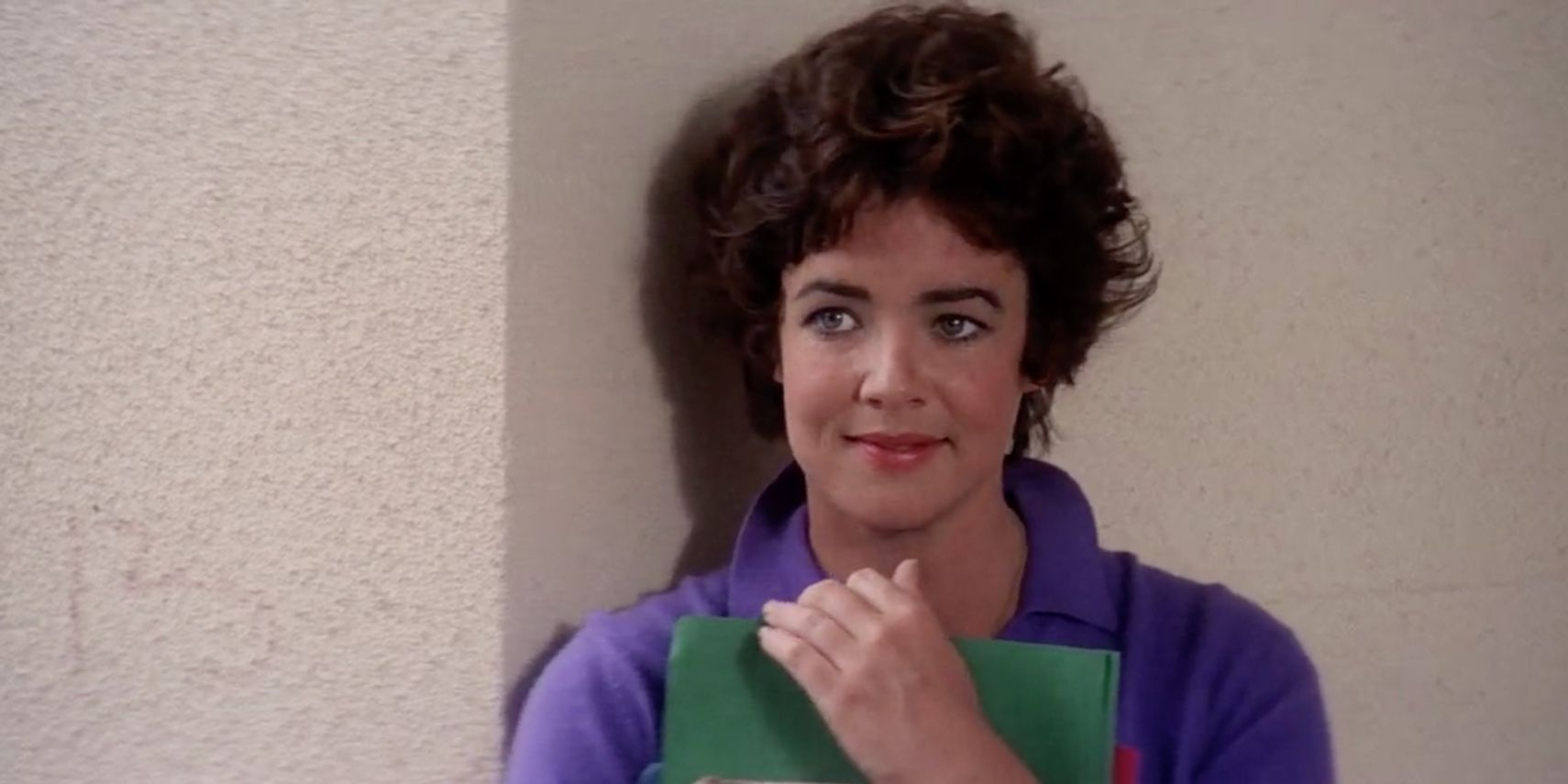
Rizzo's pregnancy is a major plot point in the movie, but it's grossly mishandled when viewed through the lens of retrospect - or feminism. She's slut-shamed for having sex, though the film does include a line in her solo about there being worse things she could do.
Rizzo's attitude to her pregnancy is very negative and dismissive. It's true that this was a taboo topic in 1959, the year the movie is set in, but a modern retelling would shed some light on this experience in a positive, reassuring way. Rizzo would have more support from her peers and the healthcare system.
5 The Audience's Attitude To Danny
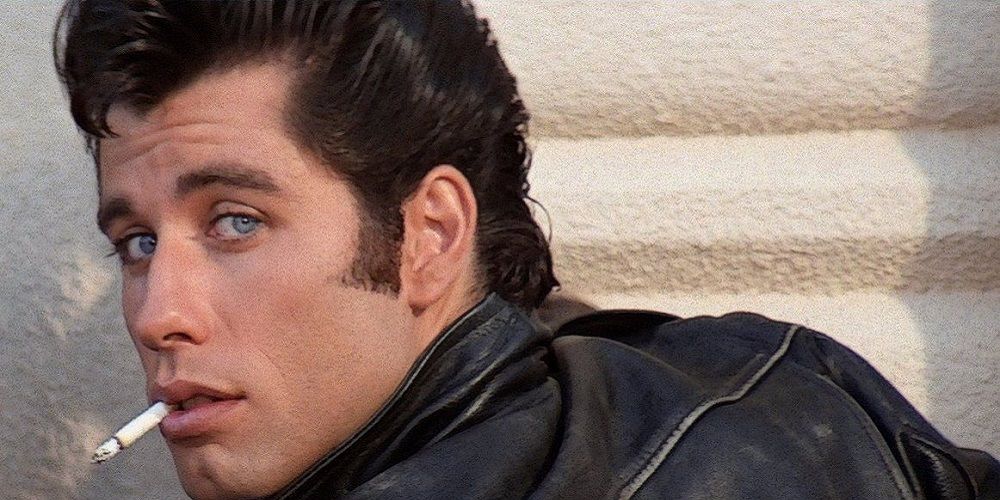
Something about Grease that makes no sense is why Danny is presented in such a sympathetic way. Today, a character like him would be portrayed as a villain. The scene at the drive-in with Sandy is now viewed as harassment, but in the film, it's almost as if viewers are expected to sympathize with him when Sandy pushes him away.
In the rest of the film, Danny is totally ignorant of Sandy's wishes and repeatedly steps back into his old ways. The audience should dislike him, but whenever he's in the wrong, the film finds a way to redeem him without him actually redeeming himself. In a more current version of the story, Danny's redemption would be one of the main, overarching storylines of the film. Alternatively, Sandy would simply reject him or find another, more suitable love interest.
4 Vince Fontaine
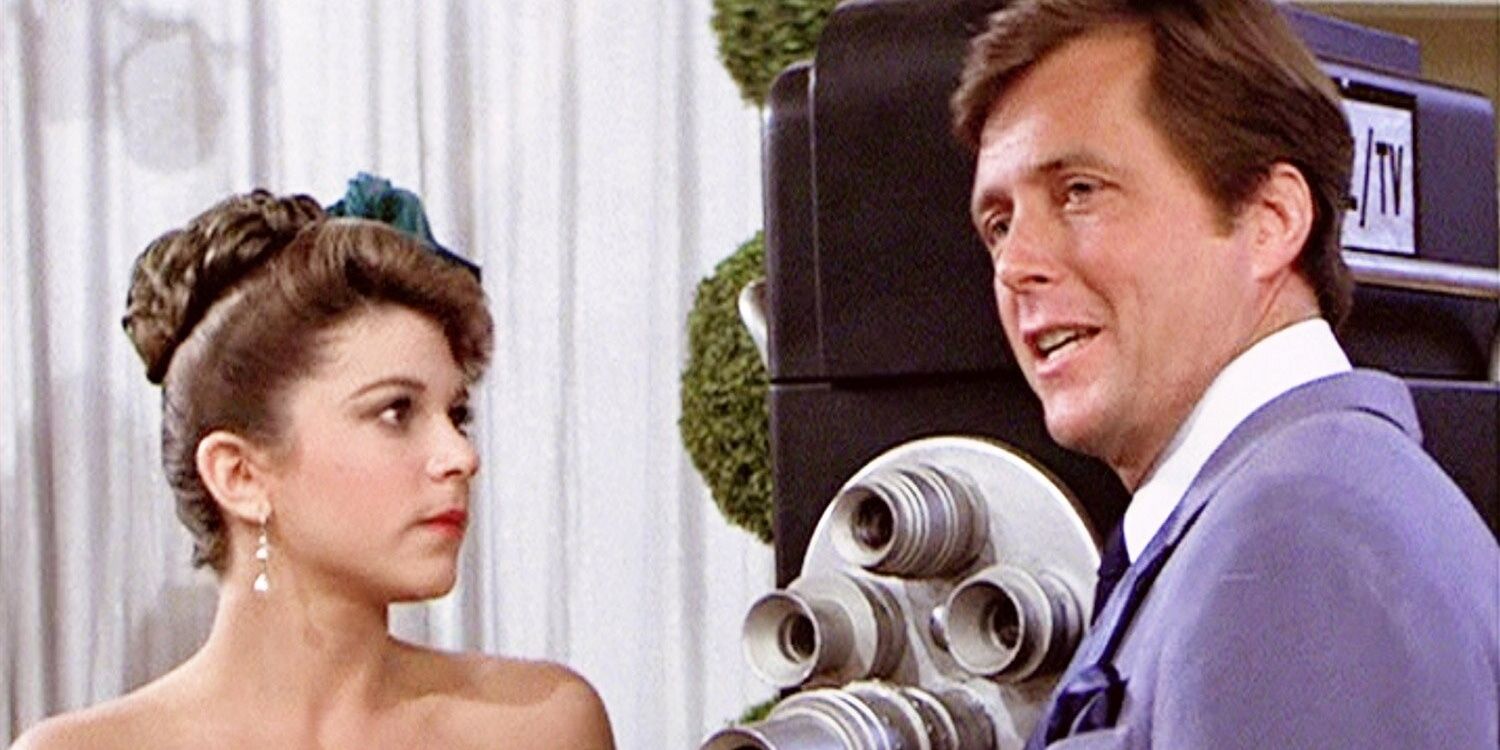
Vince Fontaine is the announcer and host of the dance towards the end of the film. He's clearly a middle-aged man, but he flirts with teenage students like Marty. What's worse is that this is presented as comedy, but in reality, it's inappropriate and predatory.
This could be an interesting dynamic to explore if the film was released today, but it would require a closer, more nuanced examination. Fontaine's character would likely come under scrutiny and maybe even face legal action. The scene between Marty and Fontaine could have had a lot to say about the imbalanced power dynamic between young women and older men if the story had been written in a modern setting.
3 Danny's Apology
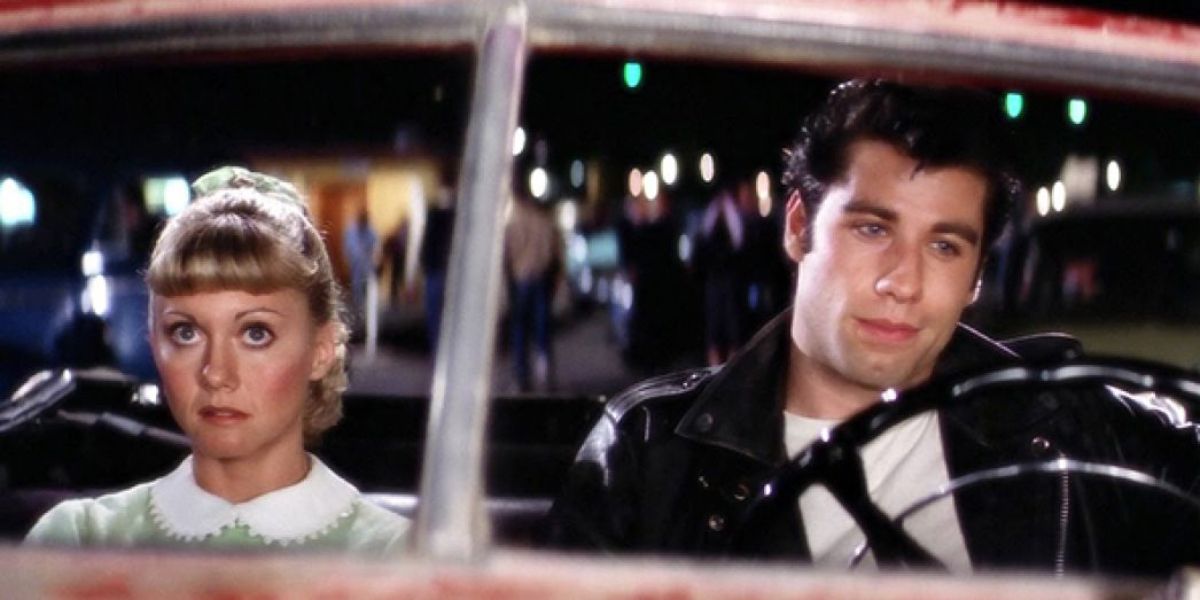
After forcing himself on a resistant Sandy, Danny offers a weak apology by offering her jewelry. Sandy immediately accepts his apology, though Danny hasn't actually apologized for his actions - or even taken accountability.
Today, this scene would need more extrapolation. Danny should first understand that he's done something wrong before even attempting to apologize. The pair could then have a conversation about consent, and Sandy wouldn't forgive Danny by way of a material object. The romance in this film is something more recent high school musicals handle better than Grease does.
2 Danny Would Change His Ways; Not Sandy
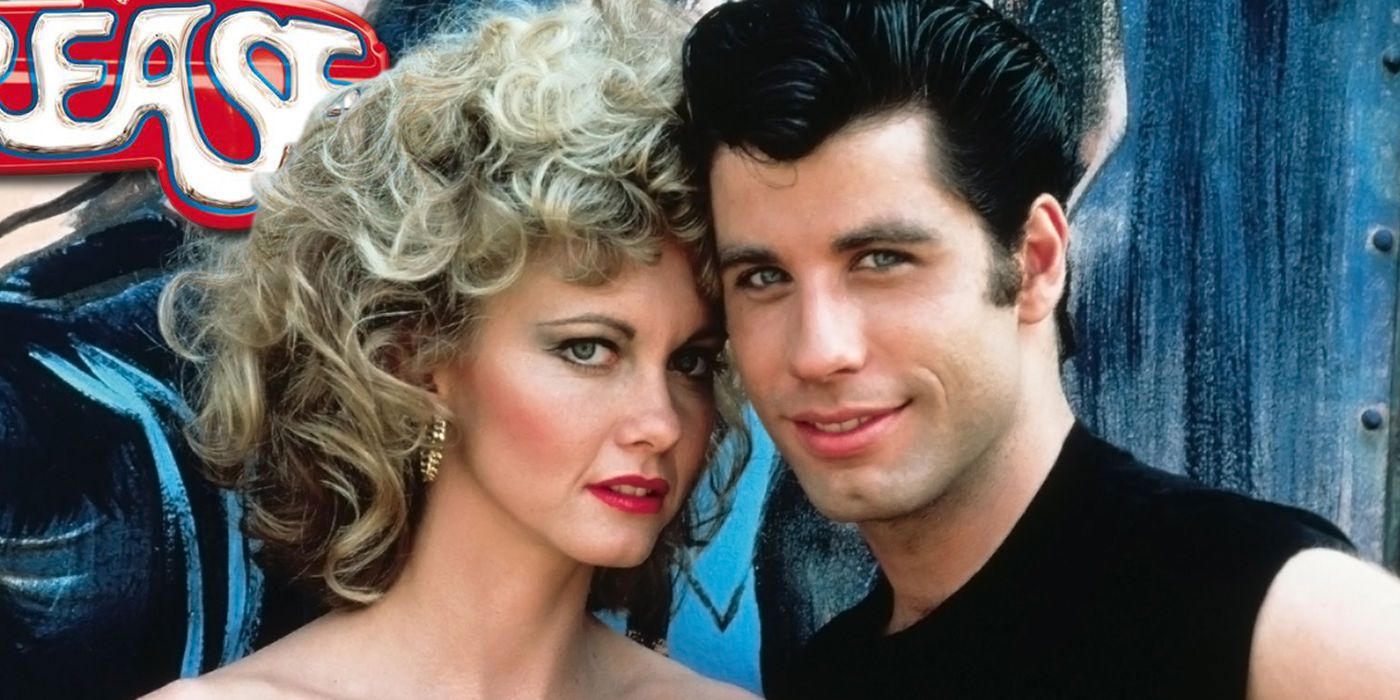
At the end of the film, Sandy gives up on her hope that Danny will change or accept her as she is. Thus, she decides to transform herself to please him. This is one of the most-used tropes in teen movies, especially when it comes to "nerdy" or "goody-two-shoes" female characters.
For most viewers, it's obvious that Sandy has done nothing wrong, while Danny treats her poorly. Even before the drive-in, he's more concerned about impressing his friends and living up to his peers' expectations of him. Sandy's transformation reinforces the power imbalance between men and women and suggests that girls like Sandy aren't worthy if they have high standards for themselves. As the person in the wrong, Danny should take responsibility for his misdeeds and change his ways, instead of sending a message to young viewers that his behavior is "cool".
1 Sandy & Danny Might Not End Up Together
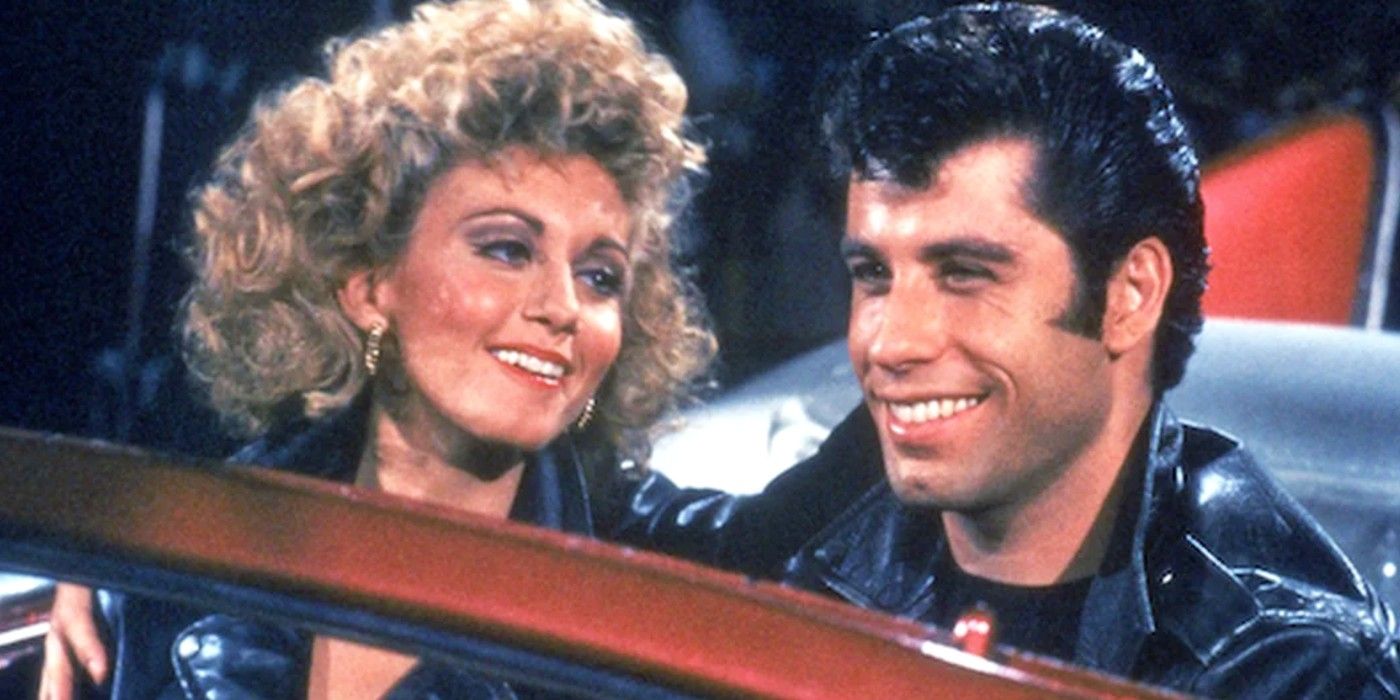
If Grease was released today, it's likely that the relationship between this pair would end in the drive-in, if not sooner. The message in modern coming-of-age films is often to be true to oneself in an environment where fitting in is everything. With Sandy's character arc, Grease suggests that Sandy being herself isn't enough.
Instead of leaving Danny, she decides to change for him. A modern take on the story would likely see Sandy break up with him at this point, if not earlier. It could even more empowering for Sandy to end up alone and proud of who she is than become someone she's not, even if there is meaning behind this transformation.
https://ift.tt/3iqC2NW
August 07, 2021 at 12:00AM




